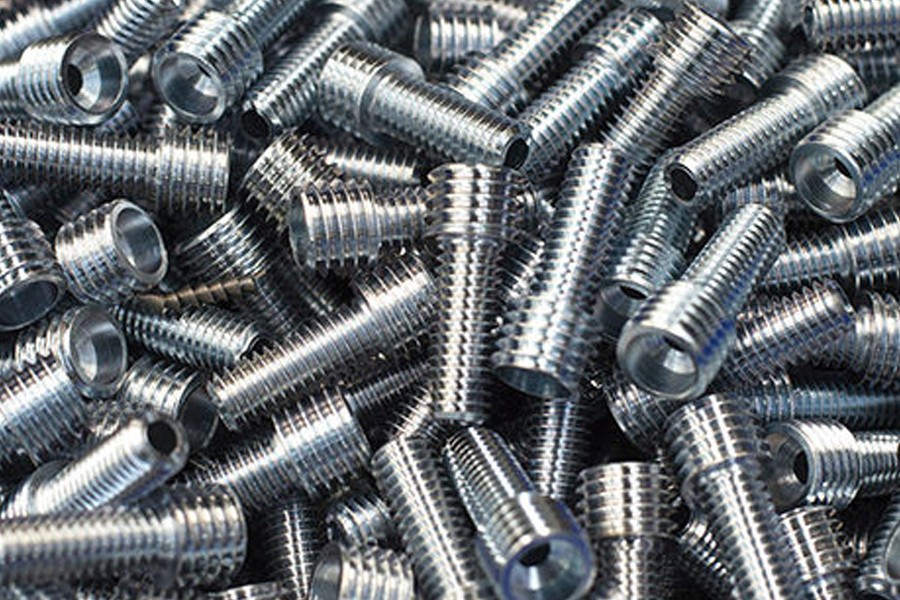
Zinc coatings are widely used to protect steel parts from corrosion.
Under certain conditions, the corrosion resistance of pure zinc coatings is insufficient.
Alloying zinc with more noble metals reduces the dissolution rate of the coating.
Zinc alloyed with elements such as cobalt, nickel and iron
provides higher corrosion resistance.
Among all zinc alloy coatings, the most popular coating is zinc-nickel coatings.
This is because it exhibits higher corrosion resistance and thermal stability than others.
Zinc-nickel coatings are frequently used in the automotive, aerospace and defense industries thanks to their superior properties.
Zinc-nickel alloys have the highest corrosion resistance of electroplated zinc coatings.
These alloys contain nickel in the range of 5-15%. Above this ratio, it becomes more noble than steel and
loses its self-sacrificing feature.
The corrosion resistance of zinc-nickel alloys has the potential for red rust phenomenon to occur at 1000 hours or more in neutral salt testing.
Researches on zinc-nickel coatings show that coatings containing 10-15% nickel
exhibit optimum corrosion resistance, weldability and ductility properties.
has shown.
Weldability ability increases with decreasing coating thickness in electrolytic coatings.
Compared to pure zinc coatings, zinc-nickel coatings in much thinner thickness exhibit equivalent or even higher corrosion resistance,
in this direction, the weldability capability is also increasing.
This makes zinc-nickel coatings preferred in applications that require welding.
Another advantage of zinc-nickel alloys is that they retain 60 to 80% of their corrosion resistance after shaping and heat treatment of the coated components.
This property makes these alloys suitable for automotive applications such as fasteners, brake and fuel lines, and other under-hood components.
Alkali formulations of zinc-nickel coatings, ease of use and especially in pipes
and better overall alloy composition and better overall internal configurations of parts.
They are preferred because they provide corrosion resistance.
